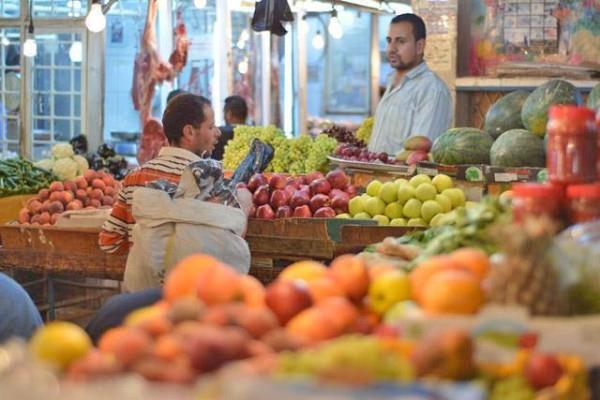
Jordan's food security deterioration 'direct impact of regional crises'
Titled 'Regional Overview of Food Security and Nutrition in the Near East and North Africa (NENA)', the report looked into the impact of conflict and protracted crises on the level of food security in NENA countries.
Due to its status as a spillover country, Jordan (likewise Lebanon) has suffered an 'extraordinary challenge' of hosting millions of Syrian refugees, witnessing an additional pressure on already strained resources, the report showed. According to the FAO, this accounted for the notable increase in the PoU and the prevalence of severe food insecurity.'Conflicts are hamstringing efforts to eradicate hunger in the region by 2030 and causing spikes in food insecurity in the region,' the report stated, shedding light on how the intensification of regional violence has been opening a wide 'hunger gap' between countries being affected by conflicts and those that are not.
Although the PoU in Jordan has decreased by half over the past 15 years, going from 8.1 per cent in 1999-2001 to 4.3 per cent in 2014-2016, it has witnessed a rise since the year 2011. After dropping to its lowest point (3.4 per cent) in 2005-2006, the rate of undernourished people in Jordan has kept rising.In countries directly impacted by conflict — which include Syria, Yemen, Libya and Iraq — 27.2 per cent of people were 'chronically hungry' — or undernourished — during the 2014-16 period, which is six times higher than the share of the population that was undernourished in peaceful countries (4.6 per cent on average), the report showed.
In Syria and Yemen, violence has provoked stark reductions in the countries' GDP, severely undermining food security with around 70 to 80 per cent of Syrians and Yemenis needing humanitarian assistance, while 50 per cent require food assistance.In December 2017, HRH Prince Hassan, president of the Higher Council for Science and Technology (HCST), launched a national initiative to improve food security and nutrition across the Kingdom, aiming to progress towards Zero Hunger by 2030.
'The turmoil that has unfolded in our region over the last decade has proven that food insecurity can contribute to conflict when coupled with poverty, unemployment and economic hardship… improving access to food and nutrition for every person in the Kingdom is a direct investment in our national security, our prosperity and our health as a nation,' he said in remarks made at the strategy's launch.Jordan's efforts to counter regional crises' effects on its food security status were commended by FAO Assistant Director General Abdessalam Ould Ahmed, who stressed the pivotal importance of building resilience and sustaining peace in the region to improve peoples' well-being.
At the launch of the FAO report, he pointed to 'the growing need to implement long-term and comprehensive policies and practices to achieve Zero hunger by 2030', adding that that 'when countries in the region are suffering from an escalation of conflicts, the aim to tackle the region's deepest concerns of malnutrition, water scarcity and climate change becomes more challenging but at the same time more urgent'.

Legal Disclaimer:
MENAFN provides the
information “as is” without warranty of any kind. We do not accept
any responsibility or liability for the accuracy, content, images,
videos, licenses, completeness, legality, or reliability of the information
contained in this article. If you have any complaints or copyright
issues related to this article, kindly contact the provider above.


















Comments
No comment